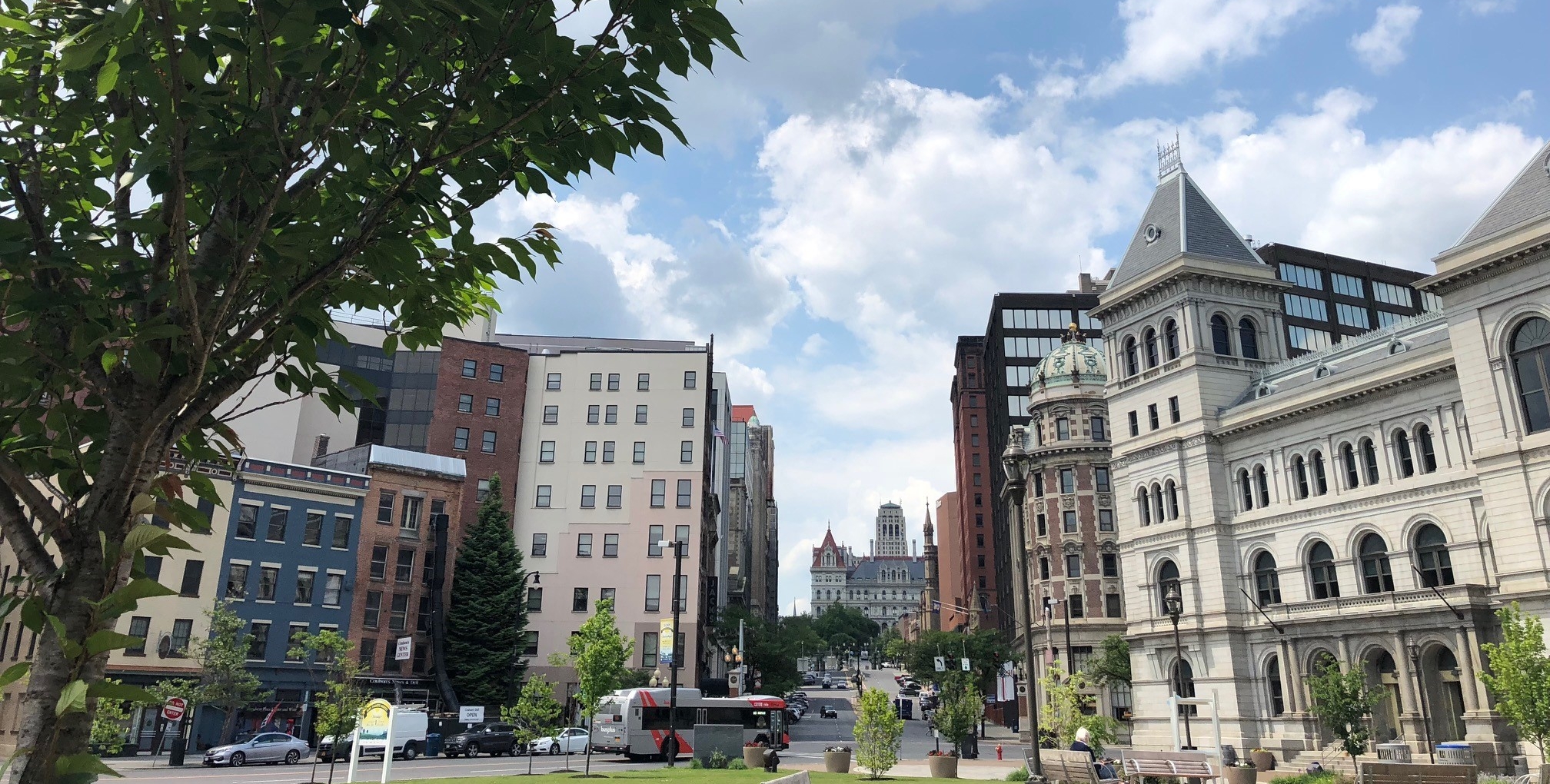Real Estate Opportunities Worth Exploring
In today’s dynamic world, the realm of property investment is brimming with potential. Whether you are a seasoned investor or a newcomer eager to dive in, understanding the landscape is crucial. The abundance of real estate opportunities today presents a multitude of avenues to grow wealth, diversify portfolios, and even secure long-term financial freedom. This article uncovers the most promising sectors and trends that savvy investors should consider, blending innovation with tradition to maximize returns.

The Rise of Luxury Housing Prospects
The luxury housing sector continues to captivate investors worldwide. Despite economic fluctuations, luxury housing prospects remain robust due to several compelling factors. These properties offer more than just extravagant aesthetics—they deliver exclusivity, superior craftsmanship, and coveted locations that maintain or appreciate in value.
High-net-worth individuals seek residences that reflect their status and lifestyle, driving demand for bespoke estates, penthouses with panoramic views, and waterfront villas. Additionally, the luxury market is innovating, integrating cutting-edge technology such as smart home systems, energy-efficient designs, and wellness-centric amenities.
Investors eyeing this segment benefit from both capital appreciation and attractive rental yields, especially in cities known for luxury tourism or international business hubs. With the right insight, smart property deals in this category can yield lucrative outcomes.
Embracing Smart Property Deals
In a world driven by data and technology, traditional buying and selling practices are evolving rapidly. The notion of smart property deals encompasses a strategic, well-informed approach that leverages modern tools and analytics to secure optimal outcomes.
Artificial intelligence, big data, and blockchain are reshaping due diligence processes. Investors can now access predictive market analyses, demographic insights, and real-time transaction data that reveal hidden gems and forecast trends with greater accuracy.
Moreover, blockchain technology is beginning to simplify transactions by enhancing transparency and security. This reduces the risk of fraud and streamlines the transfer of ownership, making investments more accessible and trustworthy.
Smart buyers prioritize deals that combine location, innovation, and future potential. Whether it’s a revitalized urban district, a burgeoning suburban enclave, or a tech-integrated building, these properties promise growth and resilience.
Exploring Modern Investment Ideas
The traditional model of buying and holding residential or commercial real estate is no longer the only path to profitability. Modern investment ideas in real estate open a wealth of creative options to diversify and optimize returns.
Co-living and co-working spaces are prime examples. These concepts cater to millennials and digital nomads seeking flexibility, community, and convenience. Investing in such developments can generate steady income streams while tapping into demographic trends.
Another compelling idea is investing in mixed-use developments. These projects blend residential, retail, and office spaces, creating vibrant microcosms where people can live, work, and socialize. The integration fosters sustained demand and higher valuations.
Real estate crowdfunding platforms also democratize investment opportunities. Small investors gain access to projects that were once exclusive to large institutions, expanding their portfolios with relatively low capital outlay.
Green buildings and sustainable developments are increasingly attractive. Investors focusing on eco-friendly properties benefit from regulatory incentives, lower operational costs, and growing consumer preference for sustainability.
Geographical Hotspots and Emerging Markets
Location remains paramount in real estate investment. Identifying emerging markets with high growth potential can be transformative. Cities undergoing infrastructure upgrades, technological innovation hubs, or regions attracting major corporate relocations often become hotspots for lucrative ventures.
For instance, secondary cities with affordable entry points and growing populations are attracting both domestic and foreign investors. These areas offer a fertile ground for appreciation as they develop amenities and connectivity.
Internationally, regions embracing tourism, technological advancement, or favorable tax policies stand out. Smart investors diversify geographically to hedge risks and capitalize on global economic shifts.
Navigating Risk and Reward
Every investment entails risk, but the key lies in understanding and managing it effectively. Market volatility, regulatory changes, and economic cycles can impact returns. Therefore, a thorough risk assessment is part of any real estate opportunities today strategy.
Due diligence involves scrutinizing property titles, legal compliance, tenant reliability, and market liquidity. Working with experienced brokers, legal advisors, and property managers reduces uncertainties.
Risk can also be mitigated by diversifying investments across property types, locations, and financing methods. Such prudence ensures that one adverse event does not derail the entire portfolio.
The Impact of Technology on Real Estate
Technology’s infusion into real estate extends beyond facilitating transactions. Smart buildings equipped with IoT devices optimize energy consumption, security, and maintenance. These efficiencies translate into cost savings and enhanced tenant satisfaction.
Virtual and augmented reality tools allow investors to tour properties remotely, saving time and expanding reach. Furthermore, online platforms enable quick analysis and comparison of investment options worldwide.
Technology also fuels innovative financing methods, including tokenization of real estate assets, which break down investments into tradable digital shares. This accessibility attracts a broader base of investors, further invigorating the market.
Long-Term Vision and Flexibility
Successful real estate investment requires a blend of foresight and adaptability. Market conditions fluctuate, consumer preferences evolve, and urban landscapes transform. Investors must stay informed and agile to pivot strategies when needed.
Developments focusing on flexibility—such as spaces that can transition between residential and commercial use—are increasingly attractive. These properties can adjust to changing demands, securing consistent revenue streams.
A long-term vision aligned with emerging trends and community development plans positions investors to reap sustainable benefits.








